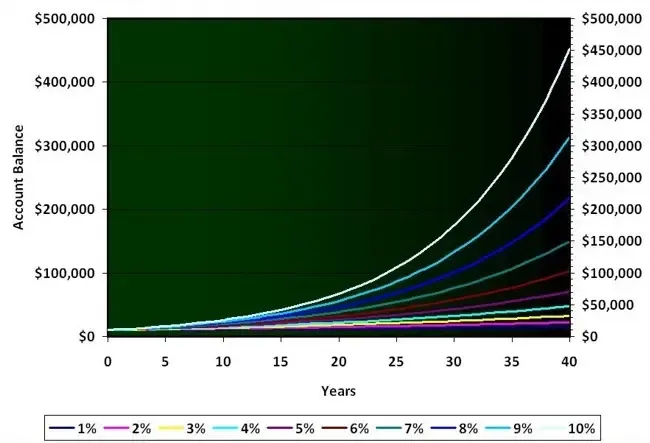
Did you know that fundamentally there are four different types of asset?
Every single time we purchase an asset it actually falls into one of four categories. Understanding if these categories actually align with our intended goal is a hugely powerful thing. Often times we purchase assets which are misaligned with our desired objective.
Education is the way to overcome this.
Below we list the four types of assets highlighting their pros and cons. Remember this list is DEFINITIVE meaning that EVERY asset falls into one of these four categories.
- Lifestyle Assets Lifestyle assets are assets that hold value however we can only release that stored value when we sell them. They do not tend to throw off any residual (passive) income. The classic lifestyle asset is our house. Houses are great and it is amazing to have a nice home however we can only unlock any wealth stored within our house when we downsize or remortgage. They also do not throw off any yield therefore they generate no residual income to reinvest.
- Growth Assets Growth assets are designed to appreciate in value. They may or may not throw off residual income. The whole point in growth assets is that their growth in value outpaces inflation therefore compounding with time. The higher the growth the sooner the compounding. Purchasing certain stocks, funds or even Bitcoin can be examples of growth assets. Of course this must be executed correctly with the correct knowledge to be successful. This is of course not financial advice and should one feel uncertain please consult an advisor. The thing I often see is people purchasing stocks in the hope of generating passive (residual) income. Whilst this can be done they are most effectively used in a “buy and hold” style. This would mean REINVESTING the profits to maximiize compounding. Siphoning off profits for short term gain delays this process and means that we are postponing the point that we can become financially free. This can set back this process for several years.
- Cash Flow Assets These are assets that are orientated towards throwing off a residual income. A good example of this is property.Whilst property can be leveraged to great success typically the yields are 6 – 8% a year meaning that it takes a serious amount of capital to create income that will replace what we can earn 9-5. Also it is worth noting that property is fairly heavily taxed and often requires the use of debt as leverage.
- Business Assets A Business asset is basically a collection of systems or processes which allows one to generate value for others. When this is done in a consistent way – a business is created. This is the true way of generating residual income in the sense most conceive it. Of course it means a lot of work – however the rewards can be huge. If one TRULY wants residual income then it is the way to go.
Whichever asset you choose – all one has to do is align it with ones desired goal. Realistically, if one wants to access residual income (a buzzword) then cashflow assets or starting a business are the way forward. Growth assets are more for long term financial freedom (20+ years before one might access their pot).
My words of wisdom are to figure out your goals first – then let that determine your asset choice based on the above categories.
Enter your details above to receive a link you can use to download your FREE pdf
Read More

Here's What New Associates Need To Know

What Is Your Definition Of Retirement?

How Often Do You Look Back On Your Life And Think “I Wish That I Knew Than What I Know Now?”

Can I Invest In My ISA For Passive Income?

The Role Of Luck In Investing



